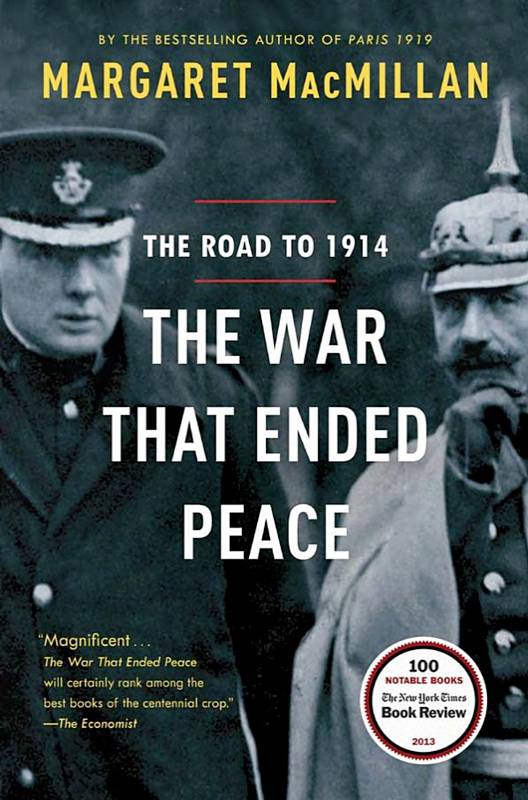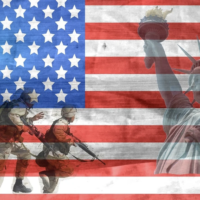 Ever wonder why World War I started? 32,000 books have addressed the issue. School books attribute the four year slaughter to an assassination of an Austrian duke when he visited Serbia. I couldn’t believe one killing could cause so much death and ruin. More reasons had to exist. It took me years in pursuit of the answer, but I found it in Margaret MacMillan’s magnificent book published in 2013 titled, “The War that Ended Peace.”
Ever wonder why World War I started? 32,000 books have addressed the issue. School books attribute the four year slaughter to an assassination of an Austrian duke when he visited Serbia. I couldn’t believe one killing could cause so much death and ruin. More reasons had to exist. It took me years in pursuit of the answer, but I found it in Margaret MacMillan’s magnificent book published in 2013 titled, “The War that Ended Peace.”
Miscommunication played its usual role in this great conflict despite royal family ties in three countries. Three kings were grandchildren of Queen Victoria. Instead of facilitating closer communication, the opposite occurred: suspicions were enhanced rather than reduced. The cousins were King Edward VII of Great Britain, Kaiser Wilhelm II of Germany, and Tsar Nicolas II who married Victoria’s granddaughter, Alexandra.
The German leaders among others tended to see threats rather than opportunities. They were fearful of the liberal element at home and encirclement abroad, basically afraid of losing their power. If Bismarck were alive, he’d find a way to bring sanity to all sides. I like his quote: “A preventative war is like committing suicide out of fear of death.”
After Dr. MacMillan’s enthralling narrative, the author arrived at two conclusions. First, the leaders failed to see the destruction of war and second, their lack of courage to stand up to those who said there was no choice left but to go to war. As she wrote, “There are always choices.”
Today’s political world has shown that some prefer the military option first. I hope they read Margaret MacMillan’s book and consider the cataclysmic repercussions of embracing that faulty frame of mind.

